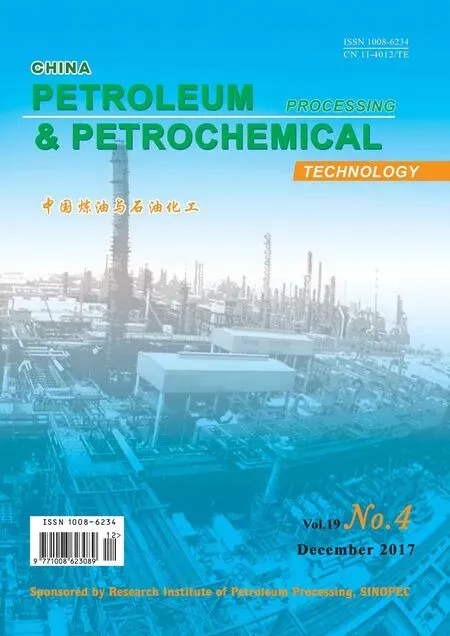Progress in Study on Synthesis of Formic Acid through CO2 Hydrogenation Achieved at CAS Dalian Institute of Chemical Physics
Recently the Dalian Institute of Chemical Physics under the Chinese Academy of Sciences (CAS) in collaboration with the Dalian University of Technology (DUT) has made new progress in synthesis of formic acid through hydrogenation of CO2.
Formic acid as an important chemical starting material can be used as an ideal material for storing liquid hydrogen.The synthesis of formic acid through CO2hydrogenation is an atom-related economic reaction. The carbon atom in the CO2molecule is in the highest valence state with a relatively inert chemical nature, the effective activation of which is the key for high-efficiency conversion of CO2. The research team after having prepared a Schiff base-modified nano-gold catalyst uses the weak interaction of CO2with the nitrogen
center in the Schiff-base radicals to yield the carbamate zwitterion intermediate, which is further hydrogenated over the nano-gold catalyst to form formic acid.
The experimental results have revealed that instead of adopting the traditional route of bicarbonate hydrogenation over the heterogeneous catalyst, the gasphase CO2can directly be hydrogenated over the Schiff base-modified gold catalyst into formic acid. Under the reaction conditions covering a temperature of 90 °C and a pressure of 8.0 MPa, the turnover number (TON)for formation of formic acid can reach 14470 (over 12 hours). The pattern of the weak interaction between the Schiff base and CO2can provide a new route for lowtemperature activation of carbon dioxide.
- 中國煉油與石油化工的其它文章
- The 20 kt/a Hexene-1 Package Technology Passed Acceptance Inspection at PetroChina
- Two Technologies Relating to Methylation of Benzene and Toluene with Methanol to Produce PX Developed by Shaanxi Coal and Chemical Group Passed Technical Appraisal
- PDP of 2.0 Mt/a RMAC Technology Passed Technical Appraisal
- Novel Process for Clean Production of Zeolites Developed by SINOPEC’s RIPP and Other Institutions
- First Commercial Application of YS-9010 Silver Catalyst at Yangzi Petrochemical Company
- Highly Active Catalyst RS-2100 for HDS of Diesel Developed by RIPP Passed Technical Appraisal

